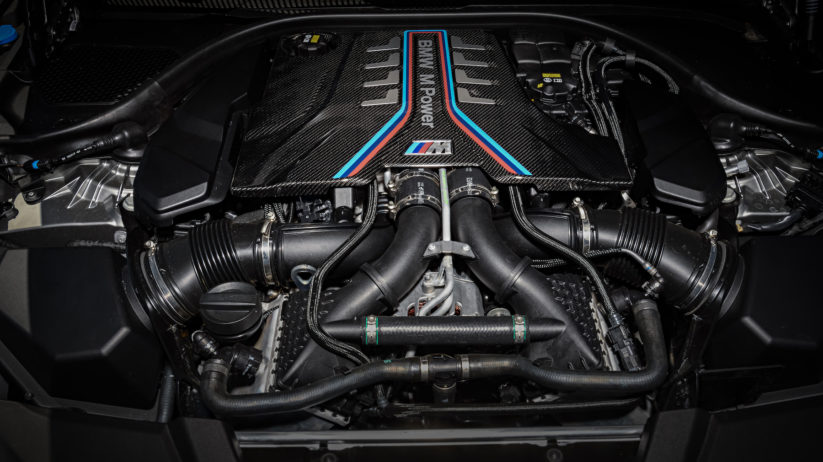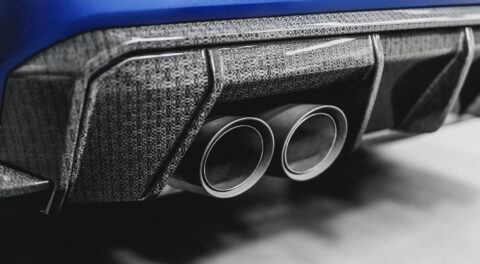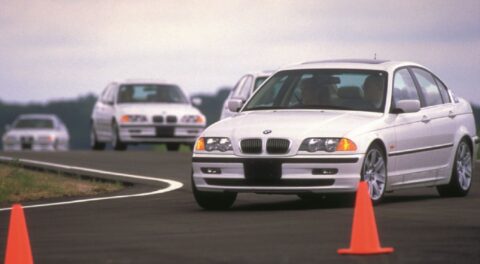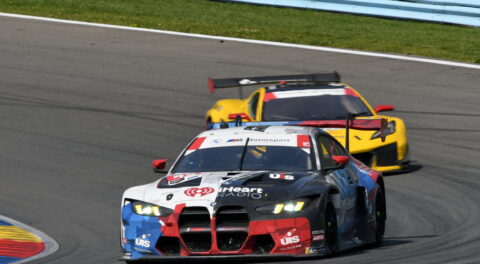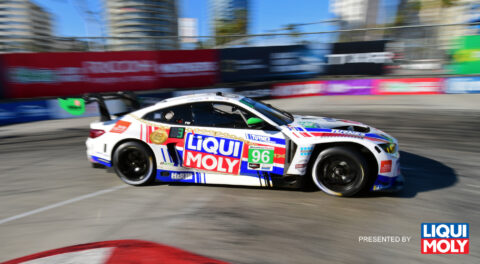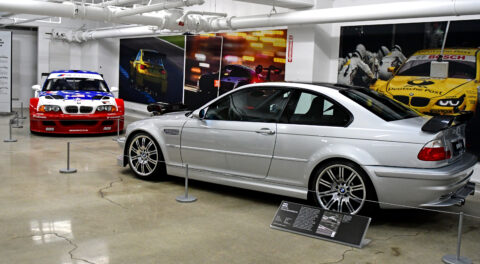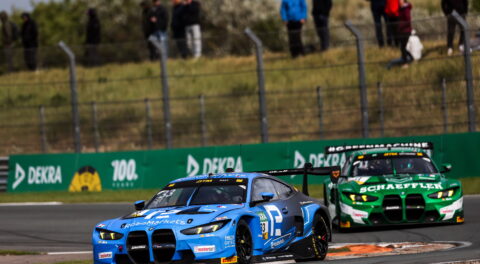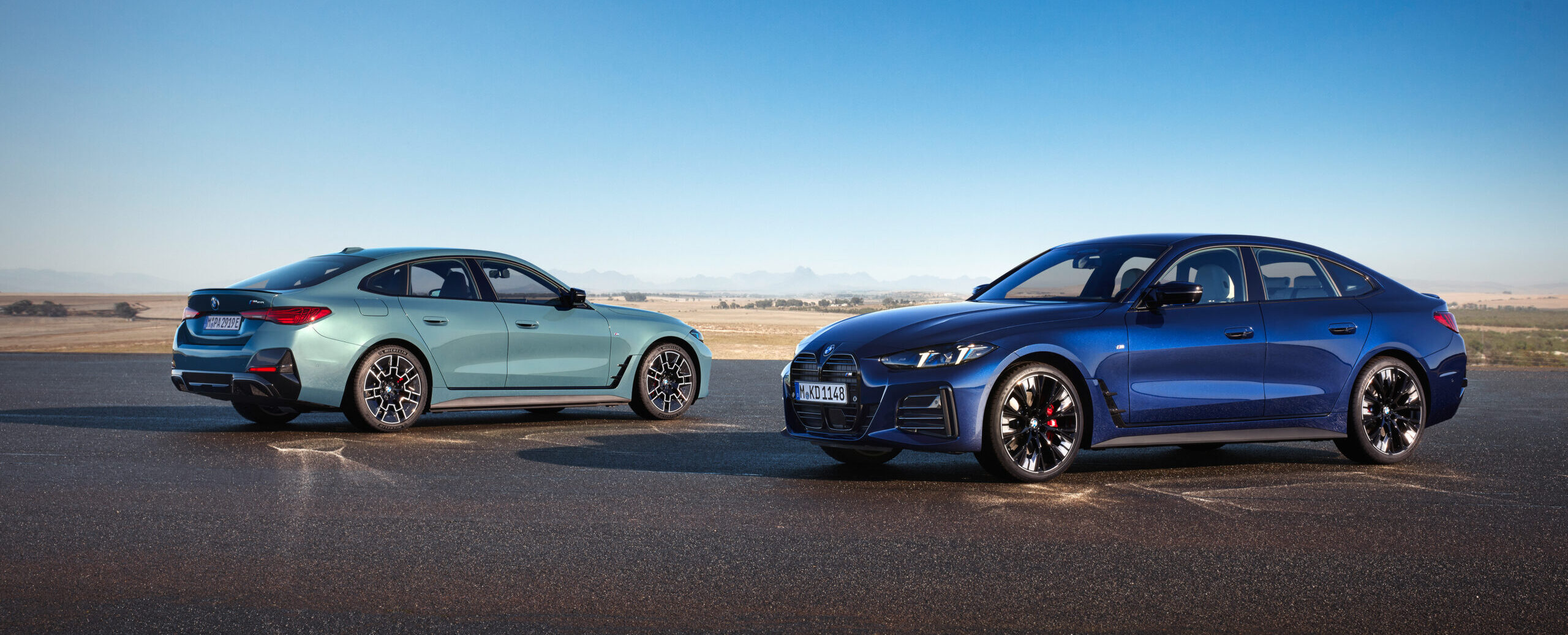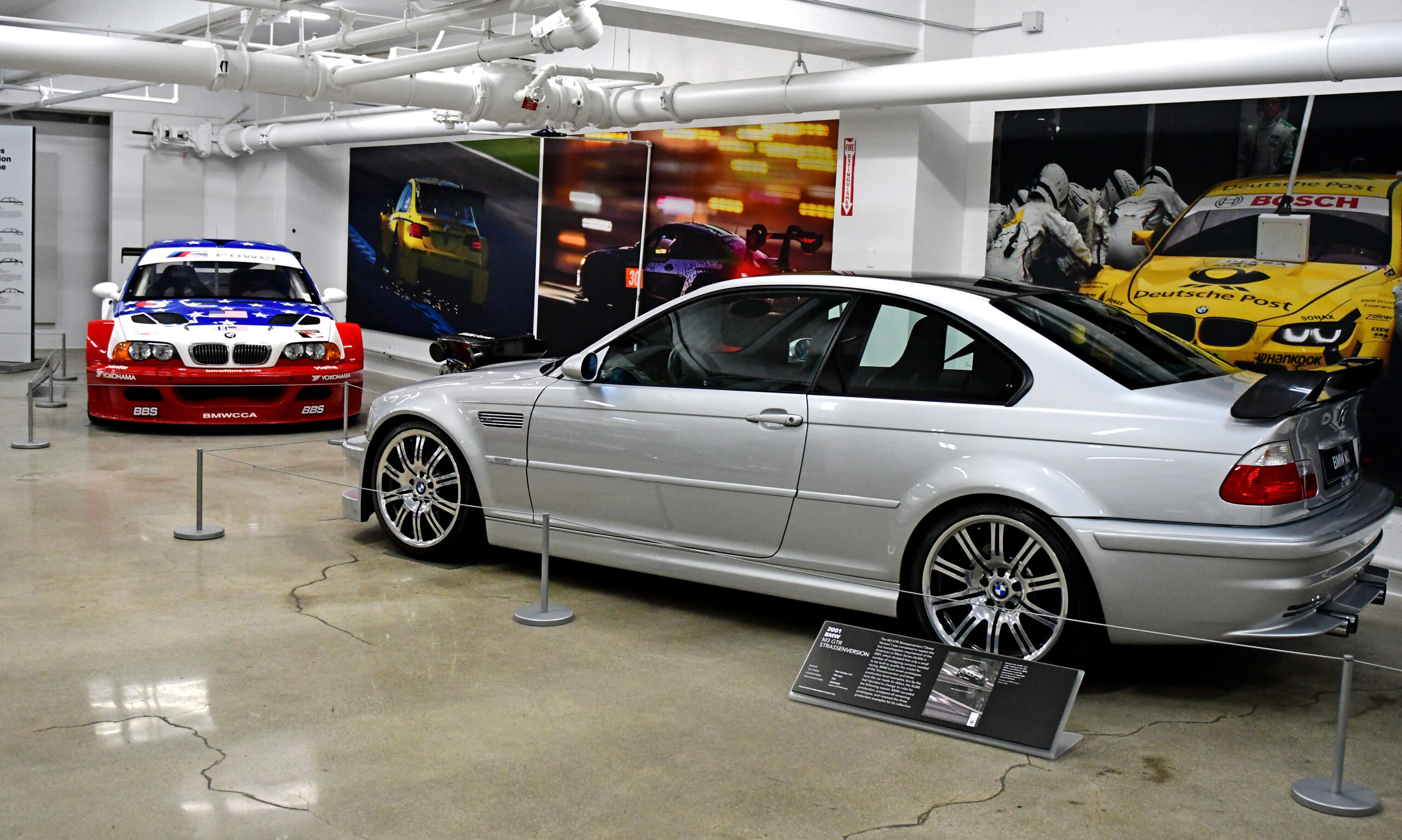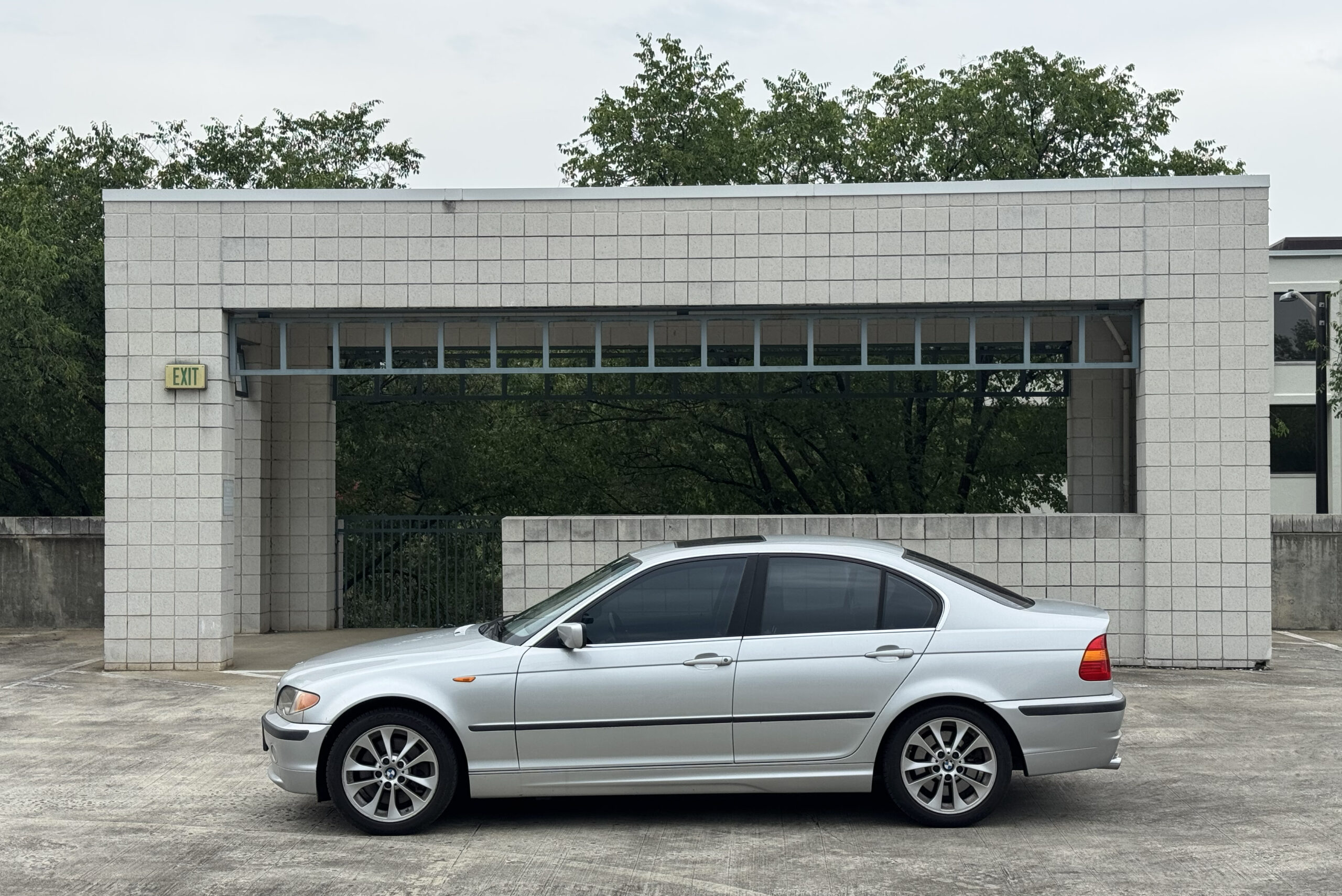BMW plans to manufacture and sell internal combustion engines for another 30 years, or until roughly 2050. The word comes from research-and-development chief Klaus Fröhlich, who sat down with Automotive News Europe for an interview that was published last week. BMW, like many other automakers, is having to plan for an electrified future that is indifferent to core competencies (like engine building), which have been honed for over a century by the Bavarians and global competition.
BMW is one of the few remaining manufacturers out there that retains the word, “motor” in its name though, and this certainly isn’t by mistake. In its early years, BMW first made a name for itself developing and building aircraft engines, and when it entered the automotive realm, it wasn’t long before the company’s engines, like the M328 inline-six, earned reputations of their own. More than 100 years on, and BMW continues to expand on its history of building great engines, today with industry leading technology and robust output that does not disappoint from three to twelve cylinders.
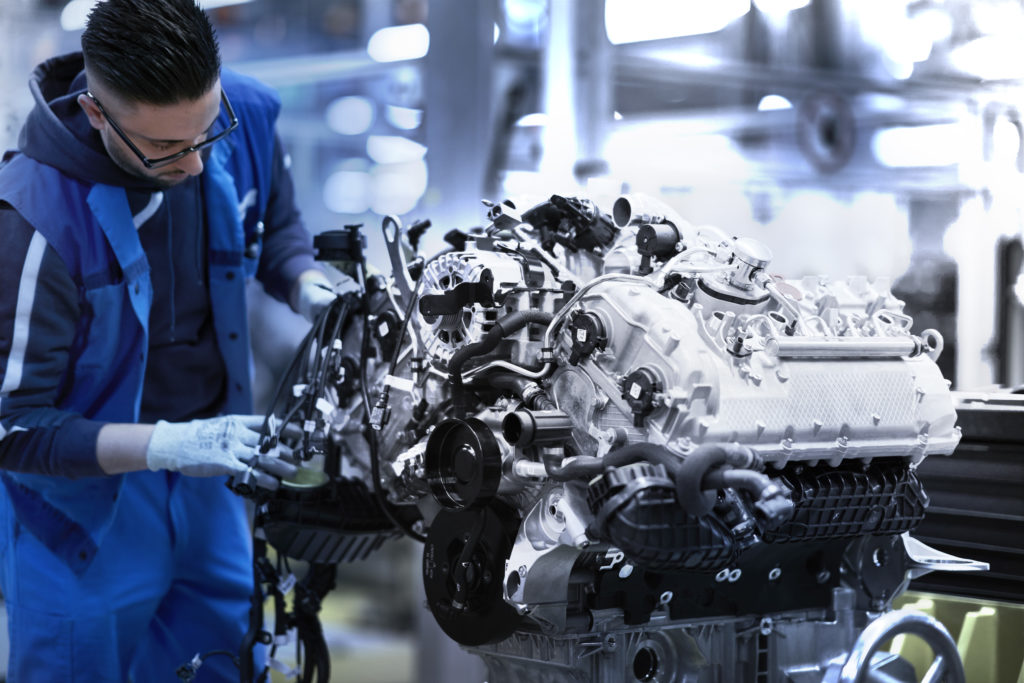
As noted above though, the future is indifferent to the characteristics that achieved greatness yesterday, and BMW is all too aware of this. It’s why the company has put such time, effort, resources, and money behind such models like the i3 and i8, and now those such as iNext, i4 and the rest of the electrified lineup that remains in the pipeline. Like nearly every other automaker, there is an intense struggle to remain relevant as the transition toward electric power gains momentum, and as the concept of mobility in large urban centers is reconsidered.
With technology continuing to yield increases in efficiency for gasoline-burning engines, and development and infrastructure surrounding EVs still in its infancy, BMW adopted a bifurcated strategy that includes the use of modular vehicle platforms that can use any type of the popular propulsion methods, in addition to hybrid combinations of them. This means that internal combustion will have to stick around for while during this transitional period, which is expected to take decades. On the same coin, tightening regulations that are varied from China to Europe and the U.S. are making it more and more difficult for automakers to continue building internal combustions of any kind, and those of the largest displacement will be first on the chopping block.
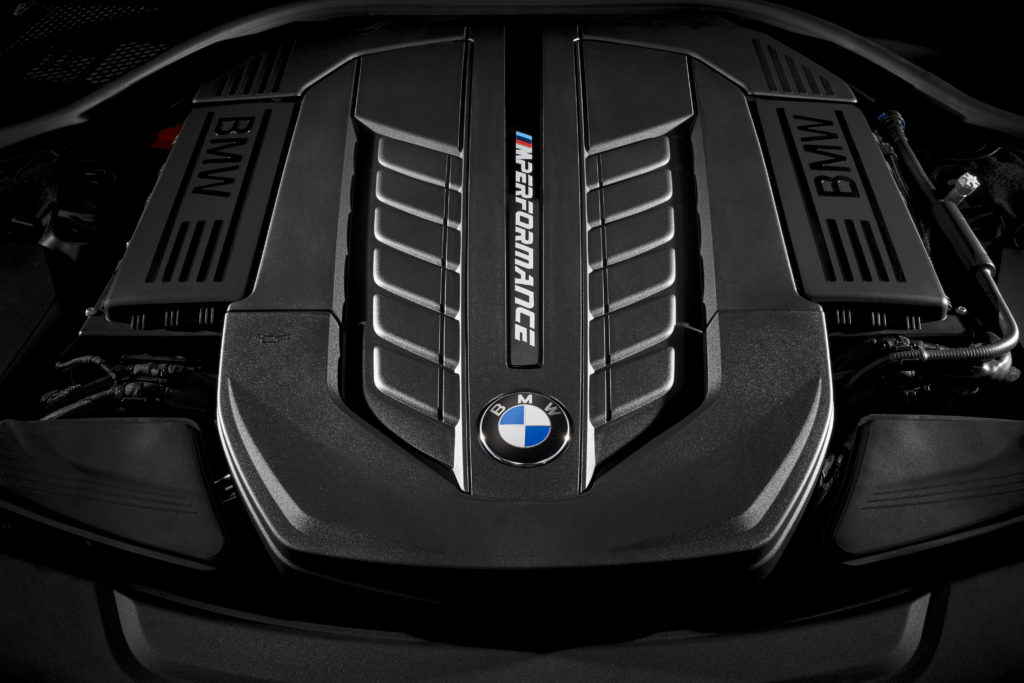
Last April we discussed how the BMW V12 will likely not see production beyond 2023, and since then, there’s been no developments to suggest otherwise. It’s a shame, as BMW has been building an excellent V12 engine for over 30 years now, and there’s simply no substitute for the driving experience. Things are a bit better as far as the V8 is concerned, as a replacement for the S63 rumored to be called the S68 is reportedly in development, but Fröhlich actually managed throw cold water on the future of the engine architecture as a whole during the interview.
“When it comes to the V8, it’s already difficult to create a strong business case to keep it alive given that we have a six-cylinder high-powered plug-in hybrid unit that delivers 441 kilowatts (600 horsepower) of power and enough torque to destroy many transmissions.”
We’re not exactly sure of the 600-horsepower six-cylinder hybrid system he’s referring to, but with the S58 delivering over 500 horsepower in Competition trim, the number is not inconceivable. It’s also not the first time the relevance of the BMW V8 has been brought up by BMW executives in the public forum, who have been quite proud to extoll the virtues of the M inline-six which continues to close in on the V8 (and even the V12) in terms of output. BMW’s smaller engines can’t be ignored either, as a version of the current four-cylinder offers as much power and torque as the N55 did when it arrived in 2009.—Alex Tock
[Photos courtesy BMW AG.]

